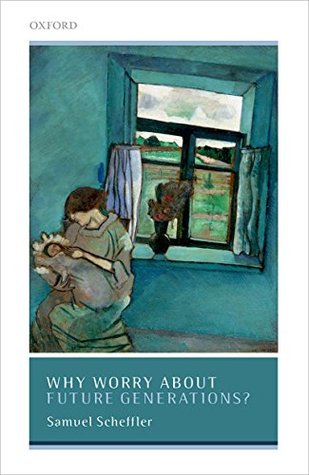All of the many things we value that consist in or depend on forms of human activity will be lost when human beings become extinct. No more beautiful singing or graceful dancing or intimate friendship or warm family celebrations or hilarious jokes or gestures of kindness or displays of solidarity.
I agree, but the point can go another direction. Not only do we lose value of traditions involving value through the extinction of the human race, but the things that we value are created and continue existing due to humanity's relationship to how we transmit culture in the belief of the collective afterlife.
Take foodways, for example. First, the valuation food is based from how it allows one to sustain life. If we are immortal, how one interprets food radically changes. Furthermore, the transmission of food previously came from ease and necessity of the times. In present times, think about how one comes to value family recipes. It comes from, for a majority of people, an unconscious belief regarding the first three reasons. Would I value grandma's family recipe as much if everyone became immortal right now? Probably, but since I was brought up in a world shaped by culturally conservative beliefs, I think my psyche would still lead life in a similar way regardless of my (im)mortality even though it would be irrational of me. More relevantly, would I value grandma's family recipe if everyone including my grandma was born immortal? Would grandma care to transmit the recipe? Would grandma care about making a recipe? I think the percentage would at least be far lower.
Reasons of valuation is probably the reason that requires the most extensive of moral evaluations. Scheffler smartly avoids this for the book to have a tight focus, but I have to wonder (and I thought of this in Death and the Afterlife) that framing this reason only through its positive aspects instead of its negative ones gives implicit moral support for its existence. If I am inferring that correctly, I will say I disagree. His argument against biological immortality was not something that clicked with me in his previous book. (I am not sure if I disagree or just flat out don't understand his argument.)


